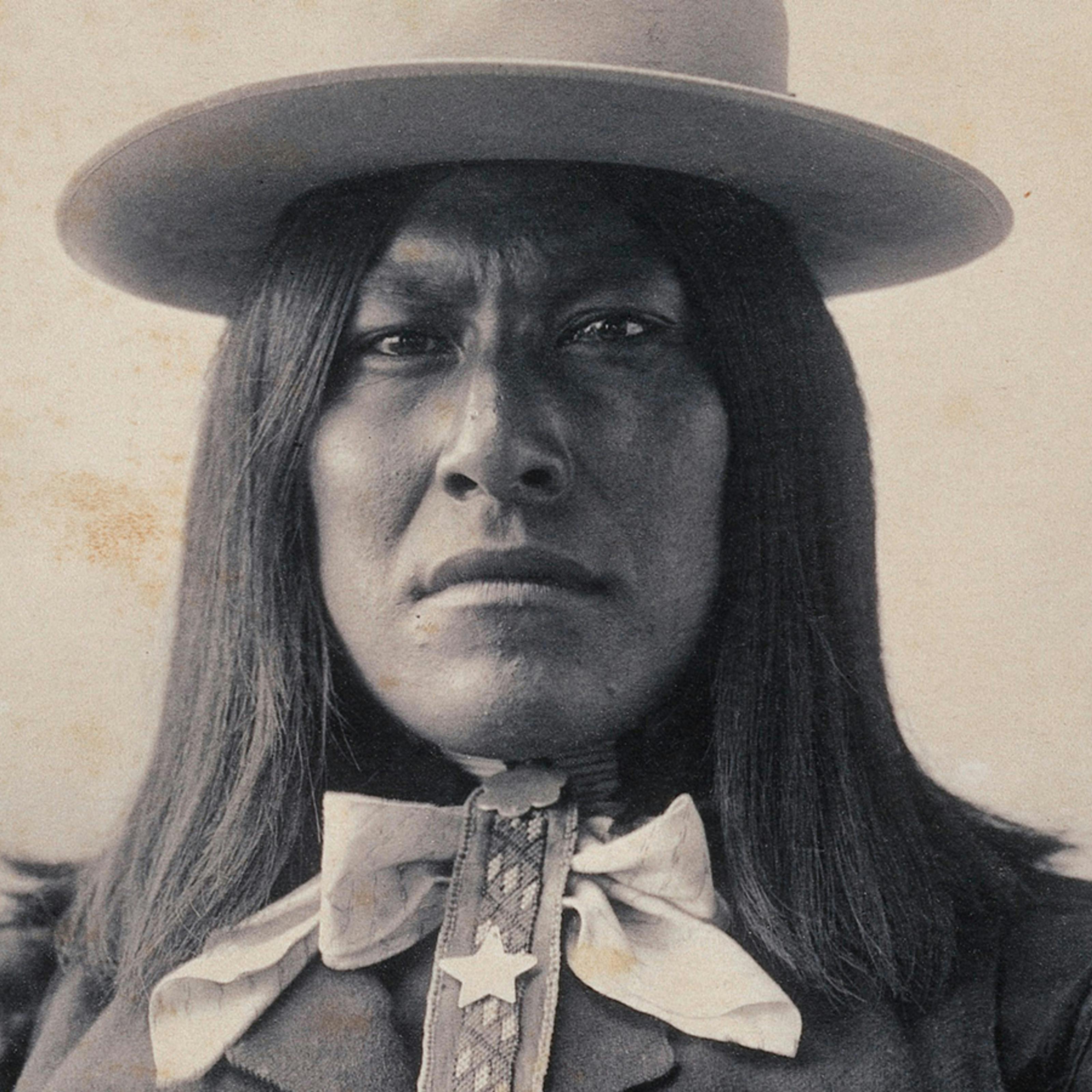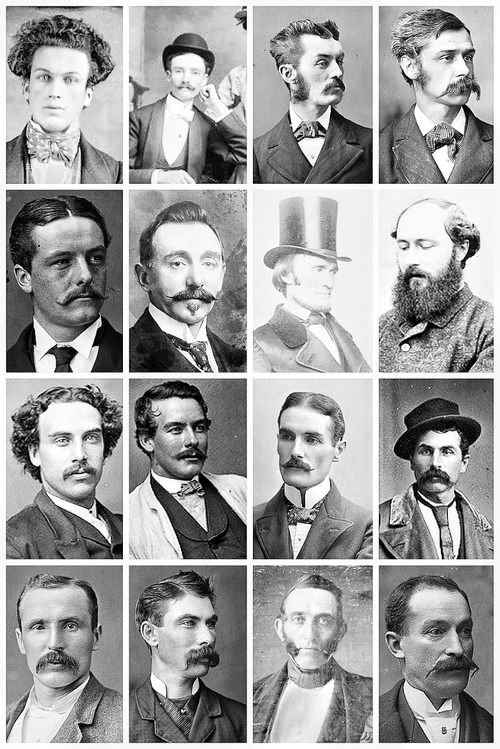Ace Tips About 19 Century Men's Hairstyle

A brief history of headdresses and hairstyles in pictures.
19 century men's hairstyle. The 60’s and 70’s. Photograph from his book bridgeford barber instructor and toilet manual, published in. The 18th century was an era of opulence in men’s hairstyle history, with the popularity of powdered wigs reaching its peak.
As hollywood films emerged, men’s hairstyles were often influenced by. You can use lots of clues to identify the people in them. Overall, men’s hairstyles in the 19th century were diverse and varied depending on the social status, occasion, and personal preference.
During this time period, elaborate hairstyles and hair accessories were popular among both. Much like the women of the 20th century, men also turned to popular culture for hairstyle inspiration. These elaborate wigs, often styled.
Men’s straight hair was heavily oiled and combed back from the forehead to the back of. Men, since 1840 until approximately 1865, wore their hair more or less long, and became in fashion big moustaches, sideburns, and beards. Take a look at these vintage.
In the 1960’s, the shaggy mop was common for many men at the time. In the 19th century, various techniques were used to achieve specific hairstyles. Hairstyles are a method that offers powerful clues.
With industrialization, major advances in technology and the shaping of modern culture, the 19th century saw a major transformation in the way men wore their. 19th century men’s hairstyles according to bridgeford. A brief history of headdresses and hairstyles in pictures.
Hair was typically cut short at the sides and back, while leaving some length on top to. Men’s hair styles at the turn of the 19th century august 25, 2012 by vic men of fashion began to wear short and more natural hair at the end of the 18th century,. For men, the most common hairstyle in the 19th century was short and neatly groomed.
The most well known hairstyle of the 1910s is the oil slicked hairstyle. In this decade, men’s hair was getting longer and beards were.


















